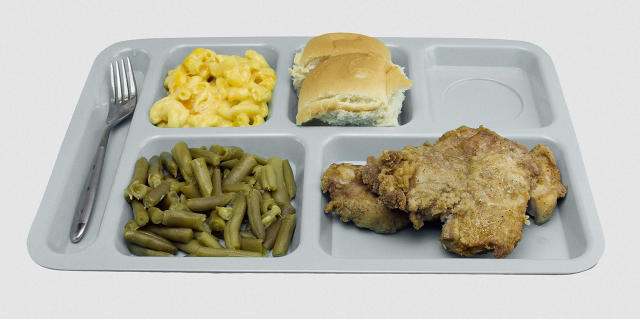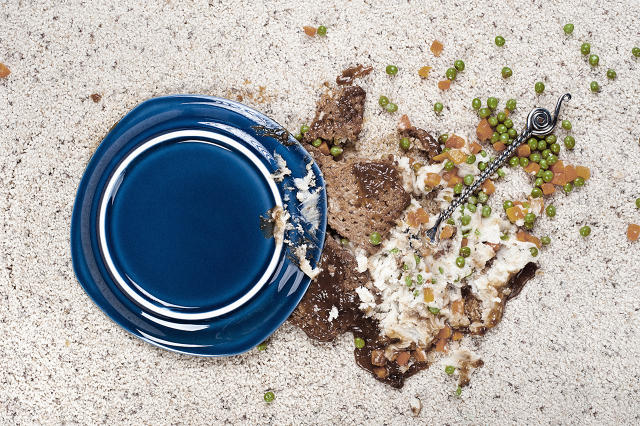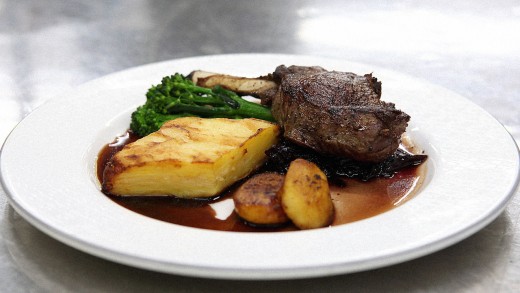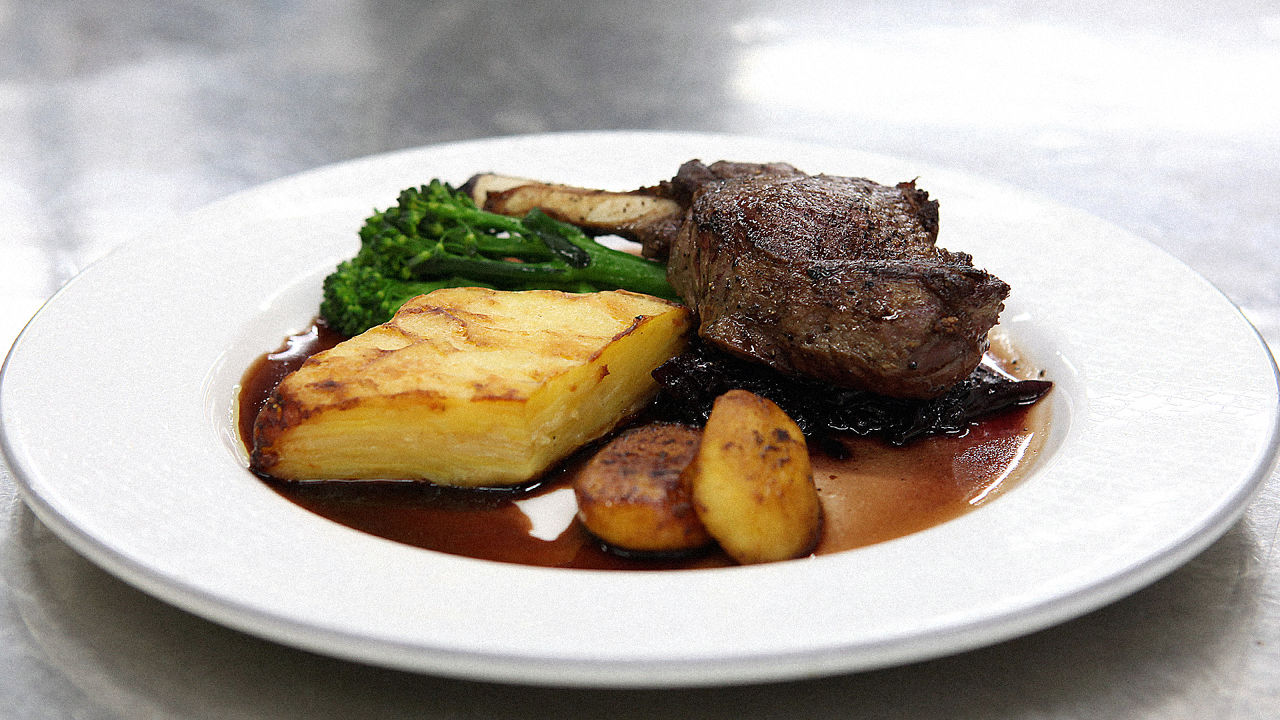Can A Meal’s Presentation Change Your Perception Of Its Overall Quality?
A new study suggests that the story we’re told about the food we eat may be more important to diners today than the actual meal itself.
The last few years has seen a shift in the restaurant world. Food-based reality TV and food media has contributed to the rise of the celebrity chef, as well as the foodie. Chefs like to be in the spotlight as much as diners like to feel personally catered to. But Is all of this pomp and circumstance becoming more important than the actual food itself?
A new study out of Hong Kong suggests that it might be. Commissioned by the hospitality firm CatchOn, the study found that diners think that a meal tastes better if it’s presented to them by a chef, even if the food is made from inferior ingredients.

In the study, 48 unsuspecting diners at the chic Hong Kong restaurant Serge et le Phoque were asked to taste two versions of a saffron risotto dish with licorice and lime. The first, made with a homemade chicken stock, was on the table when they got there, accompanied by a placard listing the ingredients. The second dish was made from a store bought bouillon-based stock and presented to the table by chef Charles Pelletier. The chef explained the “small changes” made to the second dish and detailed each of the ingredients, topping off his spiel with a treasured childhood memory.
When participants were asked to rate the two dishes, an overwhelming 77% of them preferred the bouillon risotto presented in person by Pelletier (who, as it turns out, is not actually a chef at all but the co-owner of the restaurant). They consistently rated it above the one made with homemade stock in terms of quality, overall taste, aesthetics, smell, and portion size, even though the same-sized portions were doled out for both dishes.

Given the limited sample size of the study and the minor discrepancies between the dishes—presumably, you’d have to be some sort of stock sommelier to actually taste the difference?—this study should probably be taken with a grain of salt. But it does bring up an interesting point. Of all of the factors that you’d think to consider when evaluating a meal (taste, smell, quality of ingredients) or even it’s presentation (color, arrangement), the story behind the meal might most important to today’s diner.
When asked what she thought the findings tell us, CatchOn’s founder, Catherine Feliciano-Chon, says that consumers today appreciate a meal with a little backstory because they’re more engaged and educated than ever before. “We photograph our dishes before we eat, we experiment in the kitchen, have food blogs, make our jams,” she writes in an email. “We not only look for the primal experience of the food, but also the emotional association it engenders. There’s something instinctively comforting when you know who prepared your food and their intention and inspiration behind it.”
Perhaps surprisingly, a YouTube prank in which food “experts” fawned over McDonald’s chicken nuggets disguised as a gourmet dish at a food-related trade show last year would seem to support this notion.
As a hospitality firm, CatchOn is using this information to encourage chefs to become more effective communicators if they want their restaurant to work. Restaurants, like all brands, need to be able to tell a compelling story to sell their product. Our advice to diners? Try not to let yourself get too wrapped up in the story.
[Top Photo: Neil Mockford/Getty Images]
Fast Company , Read Full Story
(145)



